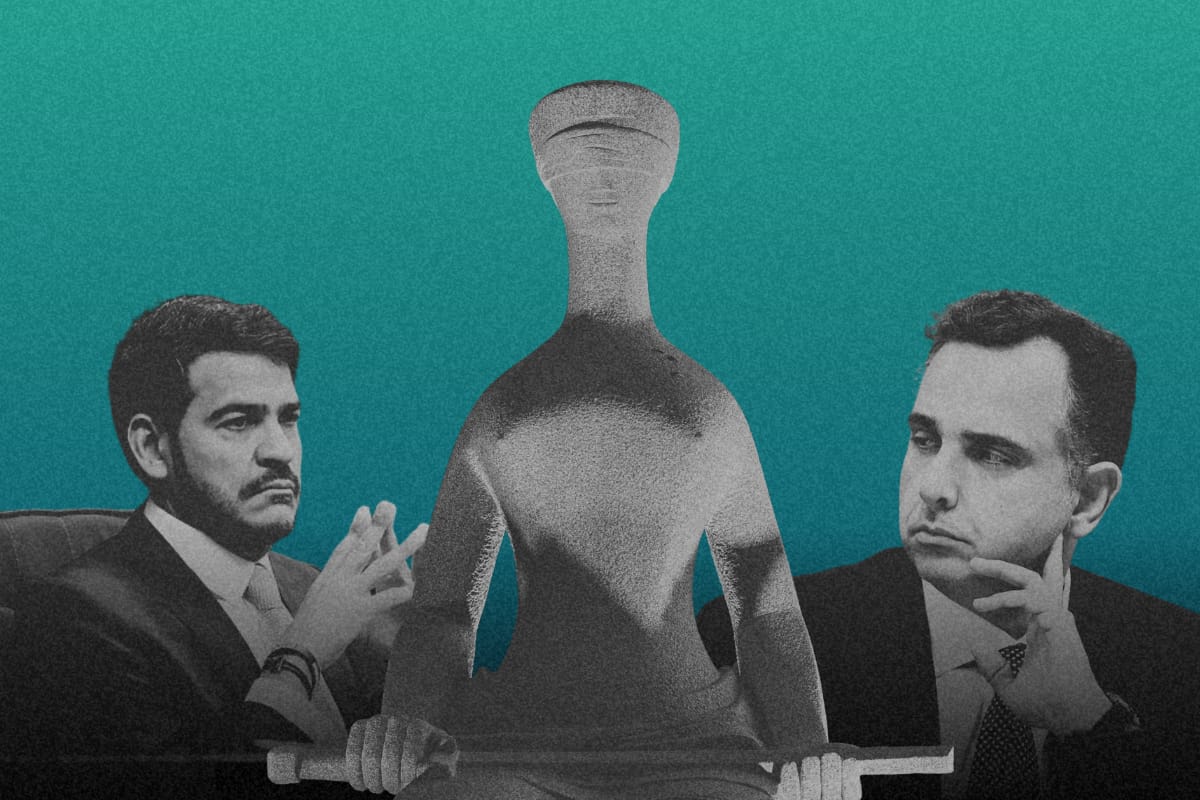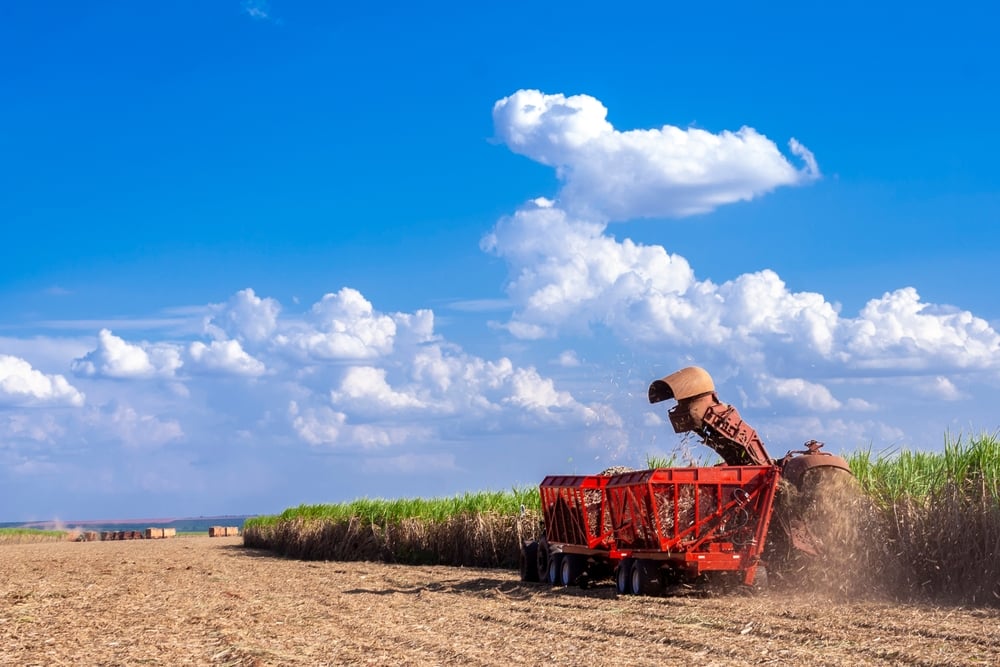Twelve years ago, in 2013, then-President Dilma Rousseff appointed a prominent lawyer and constitutional law professor, Luís Roberto Barroso, to one of the 11 seats on Brazil’s Supreme Court — the most prestigious post one can hold in the country’s legal system.
Since then, Brazil’s political landscape has changed dramatically. We’ve seen a sweeping anti-corruption operation shake the political class, a weakened presidential office losing influence to Congress, and the courts wading right into the middle of political life. The far right rose as a major electoral force — and the Supreme Court became the front line in defending democracy itself.
Now, in this transformed context, Justice Barroso is stepping down — eight years before reaching the mandatory retirement age of 75. He leaves the court this Friday, which gives President Luiz Inácio Lula da Silva the opportunity to appoint a new justice — for the 11th time in his political career and his third in this current term.
With the Supreme Court gaining so much influence over Brazil’s future, its members have also faced unprecedented pressure and even threats, both online and in person. A couple of months ago, US President Donald Trump suspended the visas of eight of Brazil’s 11 justices and placed one under heavy sanctions — in a bid to get his ally Jair Bolsonaro off the hook for coup-plotting accusations. It didn’t work, and Bolsonaro got a 27-year sentence.
In short, being a Supreme Court justice in Brazil has never been more demanding — or more dangerous. And picking who gets to wear that black robe has also become a high-stakes chess game — one that mixes politics, public signaling and power plays between the executive and legislative branches.
The US offered a lesson of its own with Justice Ruth Bader Ginsburg. Her decision not to retire under Barack Obama, despite quiet nudges from Democrats, allowed Donald Trump to cement a 6–3 conservative majority on the US Supreme Court after he came into office.
Barroso, known for his progressive stances on individual freedoms, is taking a different route. He’d been mulling over the possibility of retiring for a while, but didn’t want to leave the decision to Brazil’s next president.
So, he waited to finish his two-year term as chief justice, during which he oversaw the court’s response to the far-right coup attempt that followed the 2022 elections. Now, his time on the bench comes to an end — and the race to see who Lula will nominate has already begun.
To unpack what comes next for the Supreme Court, our guest is Rubens Glezer, a law professor at the Getulio Vargas Foundation, where he leads research centers on constitutional law and the Supreme Court itself.
In this conversation, he analyzes:
Lula’s record of Supreme Court nominations
What has changed in that choice in recent years
The impact of religion and gender in the court
Possible gains and losses with the frontrunners
The future of a justice after leaving the bench










